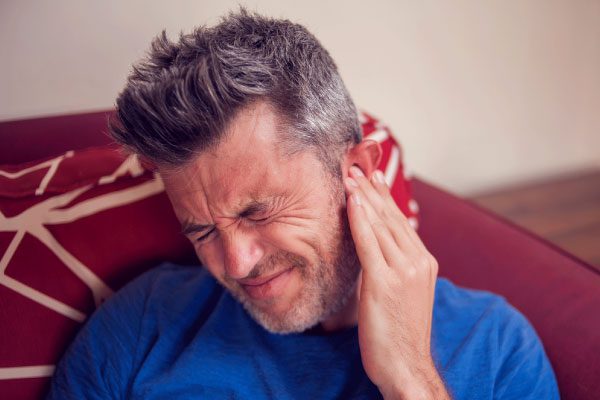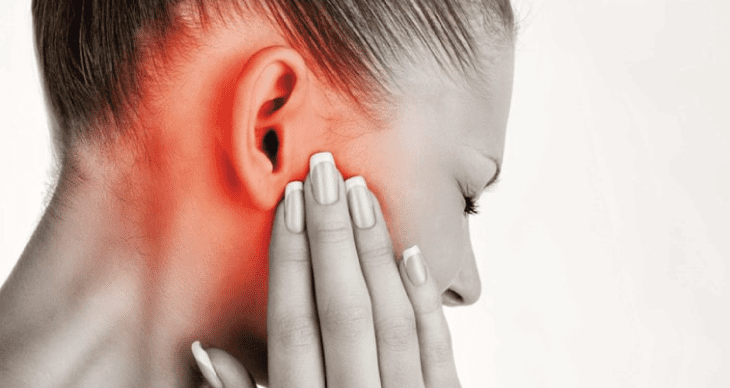17 Facts about Tinnitus You May Not Know About

If you hear noises in your ear/head for no apparent reason, it might be because of Tinnitus. Many people around the world experience Tinnitus but generally fail to identify it. This is a grave mistake because if left untreated for a long time, it can cause partial or full hearing damage. However, many people around the world are unaware of Tinnitus altogether, which is rather unfortunate. So, we have decided to inform you about some lesser-known facts about Tinnitus as well as debunk the various myths and misconceptions associated with it. Let’s find out all about Tinnitus.
1. Tinnitus is a Common Health Issue:
When one experiences strange noises in the head, particularly in the ear(s), then this condition is called Tinnitus. It is inspired by a Latin language term “tinnire” that means bell-like tinkling or ringing sound. However, there is nothing to be embarrassed about because it is a very common health problem that affects up to 20% of people worldwide. Around 50 million citizens in the US experience some degree of Tinnitus.
